While doing our script Gisella and I tried to include everything we had learned, this was a MISTAKE. We were not focusing on the QUESTION = OUR MAIN GOAL. We were just trying to put everything in, without analysis. If there is no analysis then our video wasn't going to be successful because without any analysis the video wasn't going to flow. Following what we learned previously in the storytelling unit, like Ira Glass says, a good story is made from anecdotes and reflection. This is why we decided to redo our script, this time we had to focus on our GOAL, which is explaining how effective is microcredit lending and having a balance between anecdotes and reflection.
In order to do a second successful script we had to define the WHY and PURPOSE of our video, synthesize the research, define the components of the video and find the parts that will support the purpose.
PURPOSE ✏
| Stating and focusing on our PURPOSE was very hard since we wanted to include everything we had learned. It was only in the second script when we actually FOCUSED in our purpose. Having a clear why helped us brainstorm ideas that actually lead our video ONE DIRECTION. Additionally we were able to find the research we needed and synthesis it so we could use it in our video. Finally we also stated the MAIN GOAL of each section in the script so that we could be guided better and in the end all the main goals lead to our purpose. |
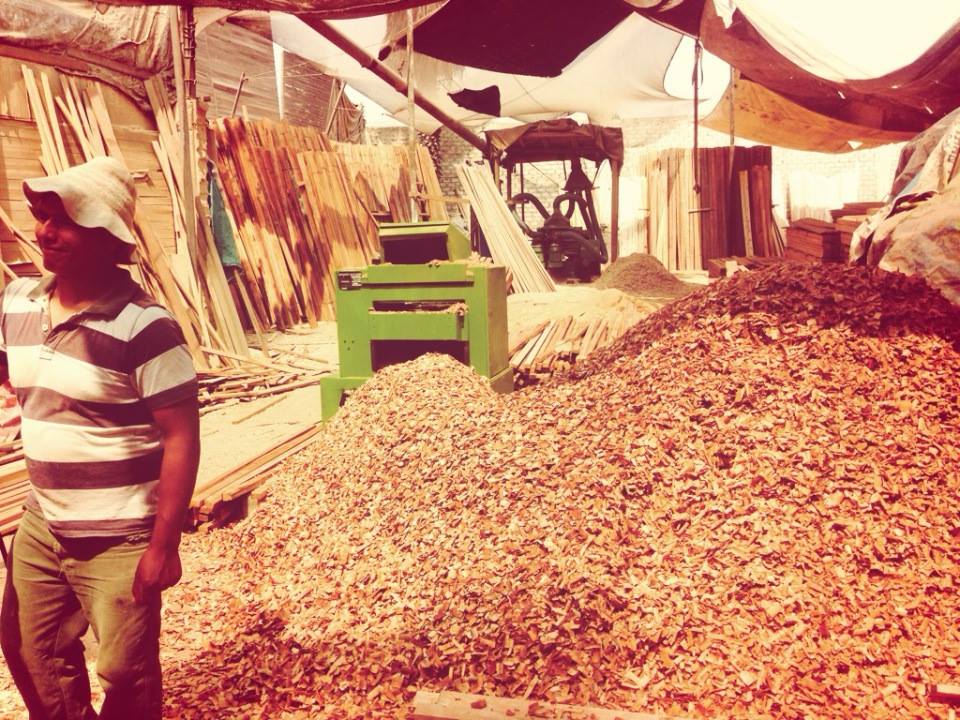
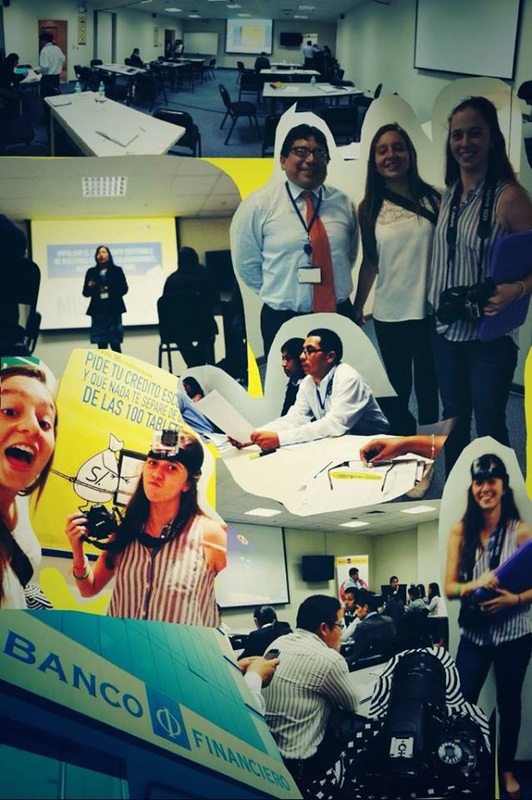
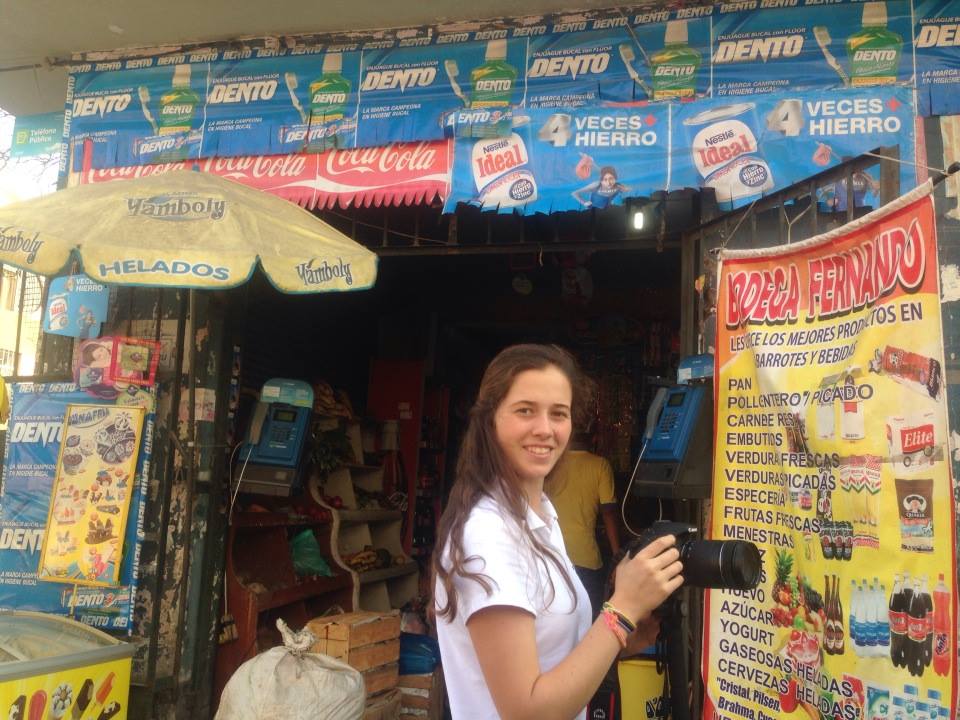
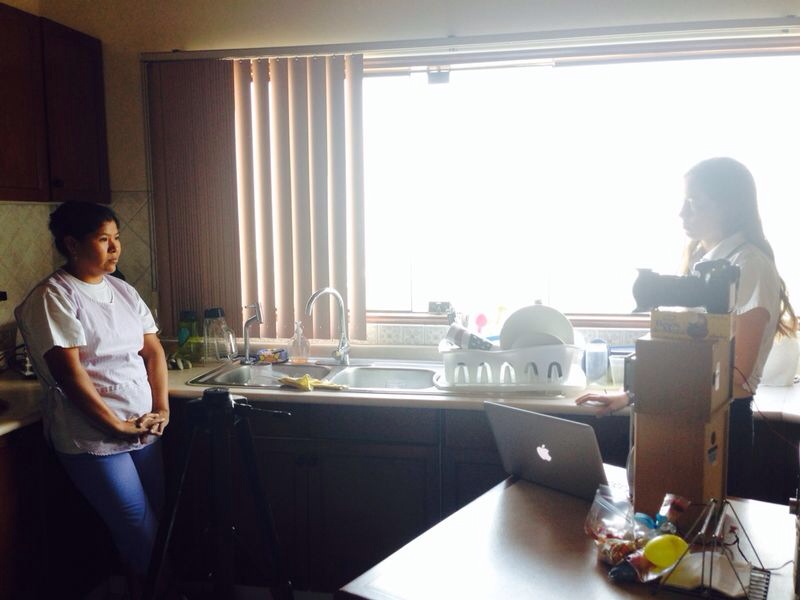
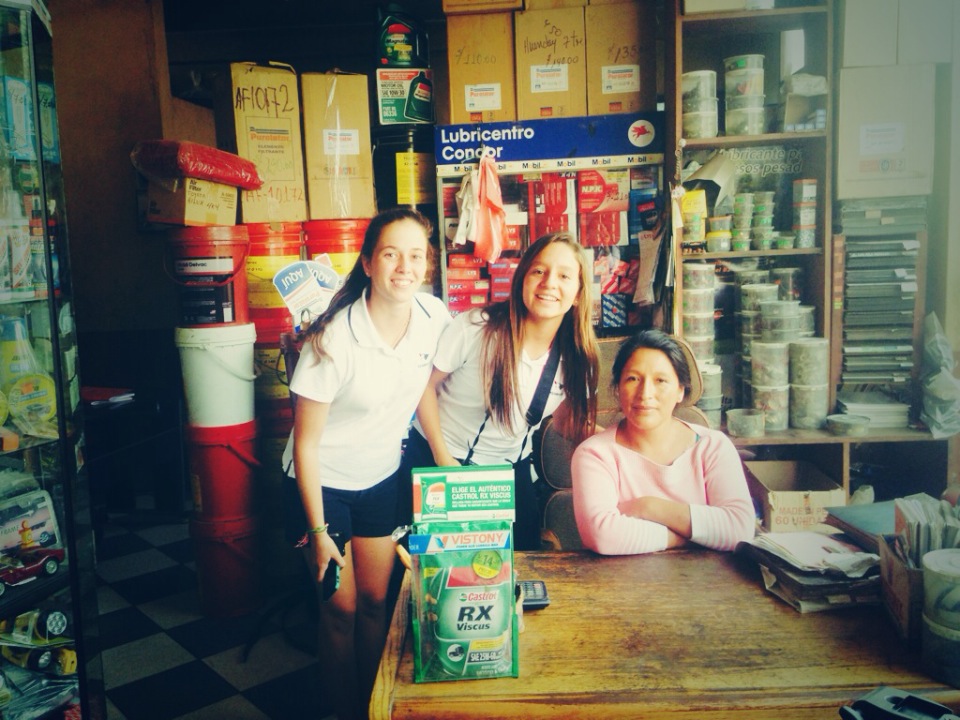
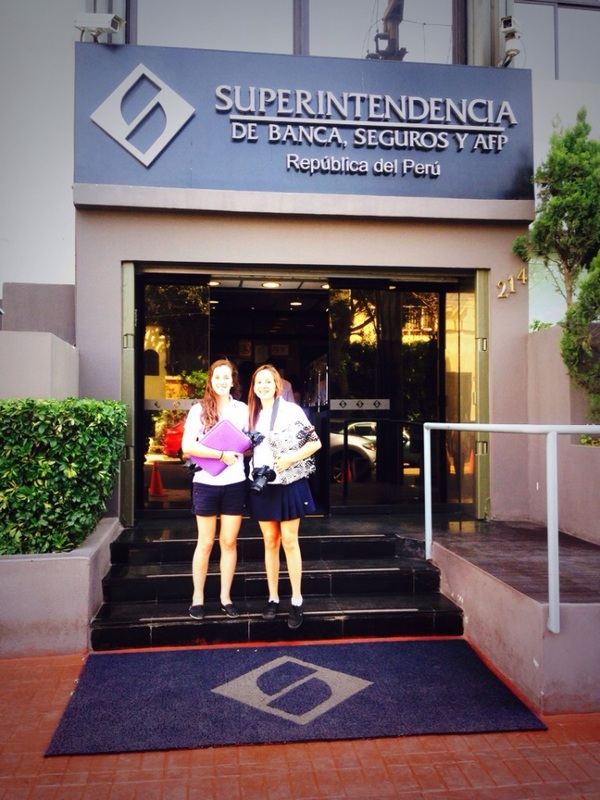
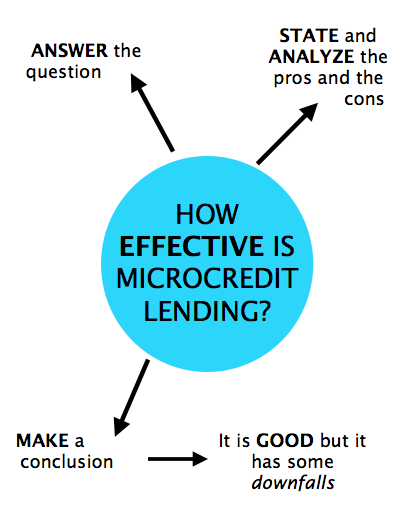
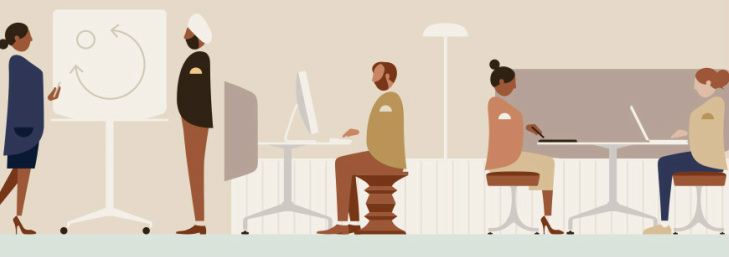
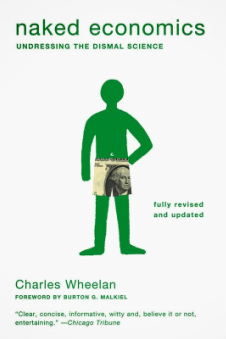

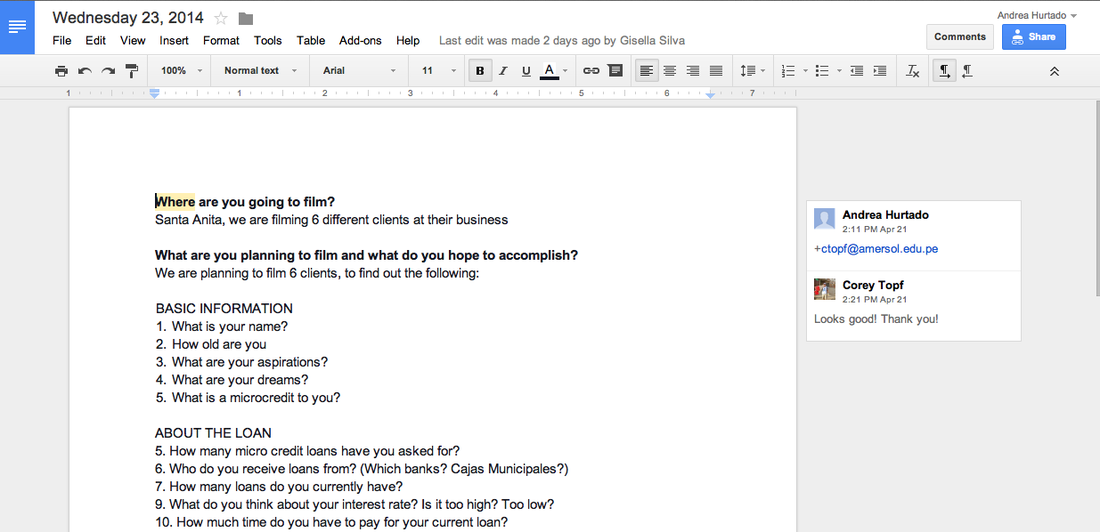

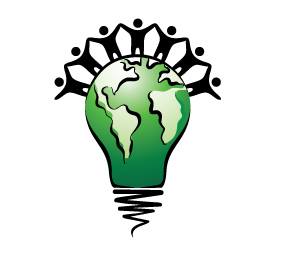
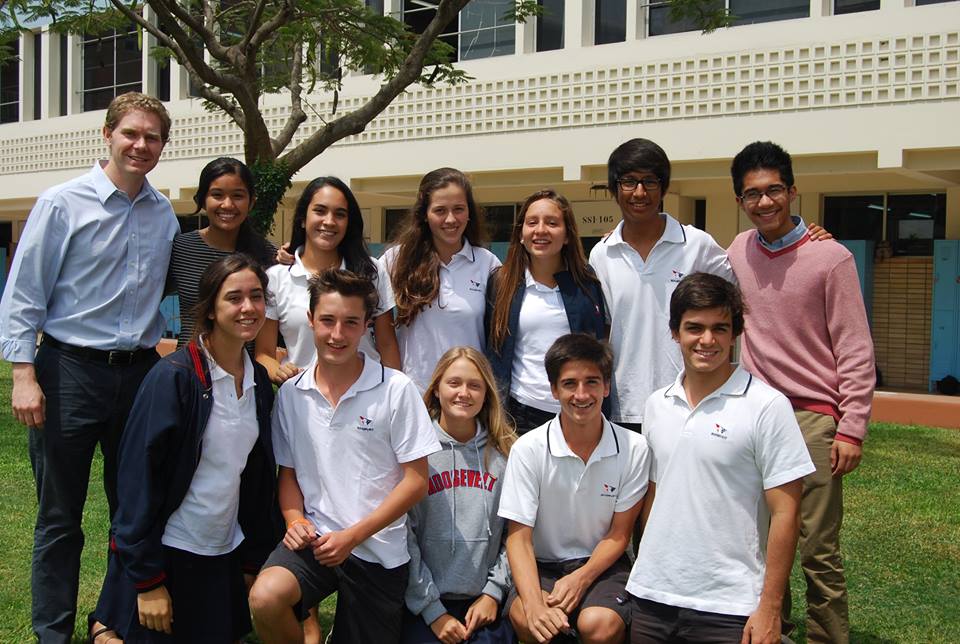
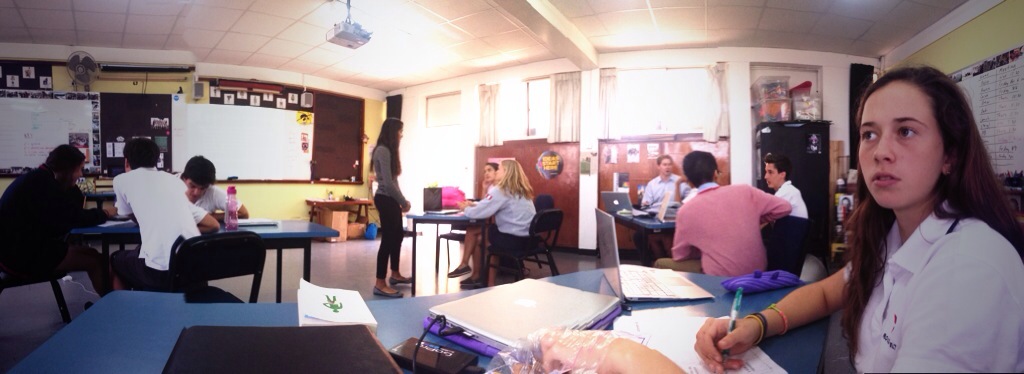
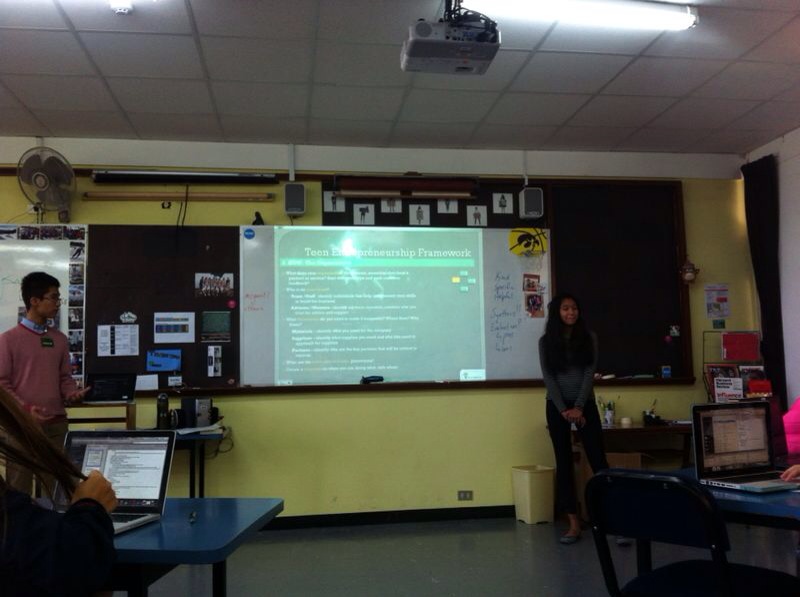
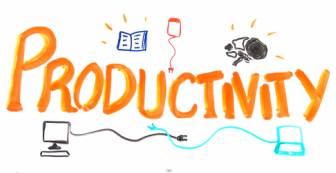
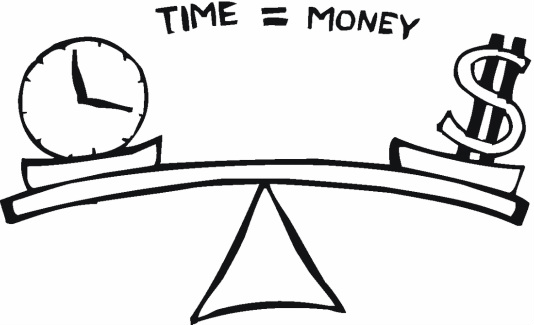
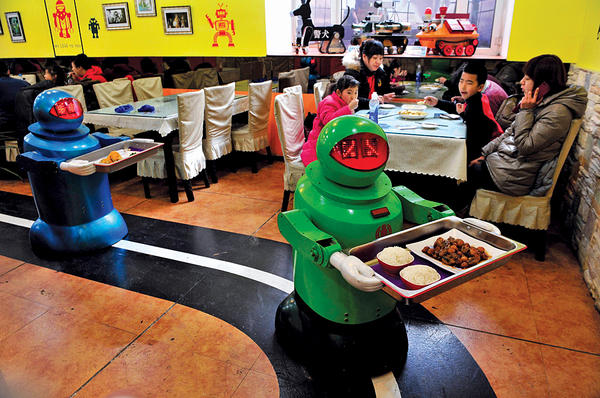
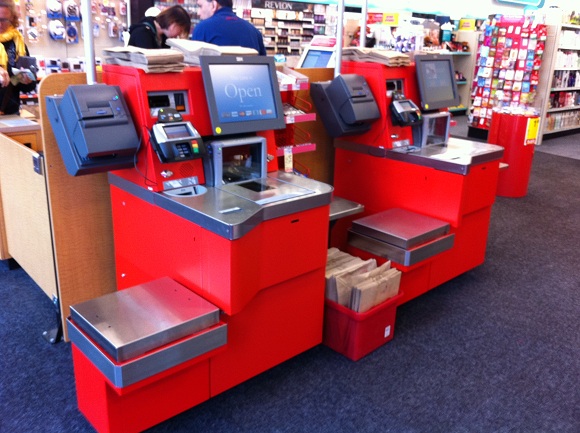



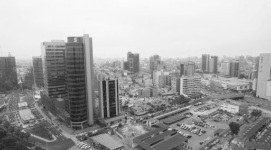
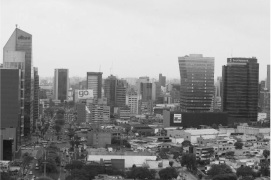
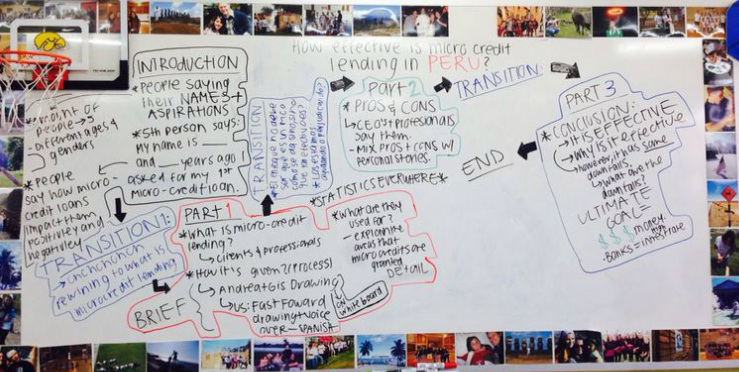
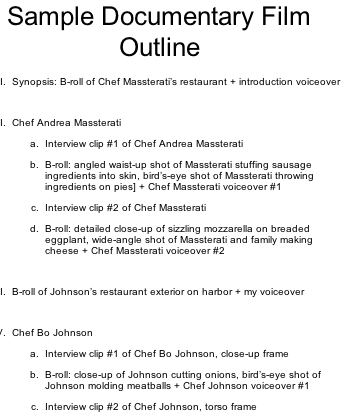
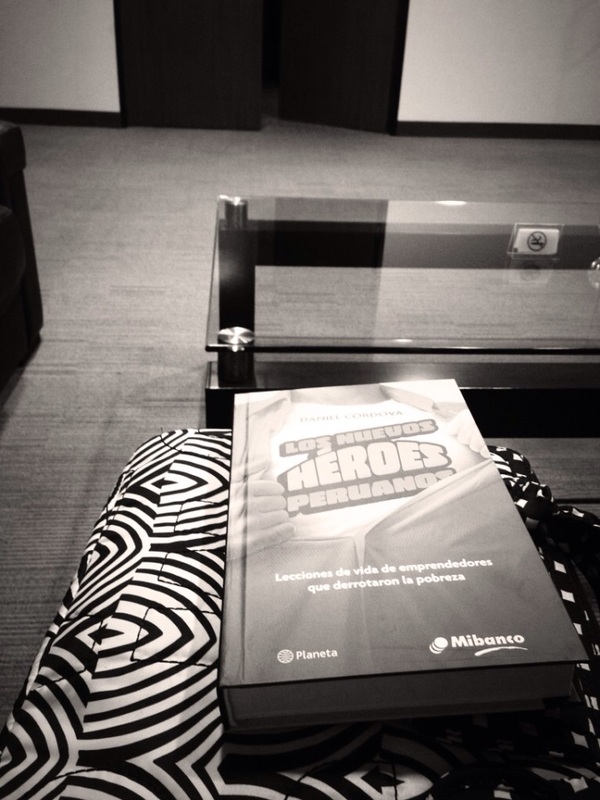
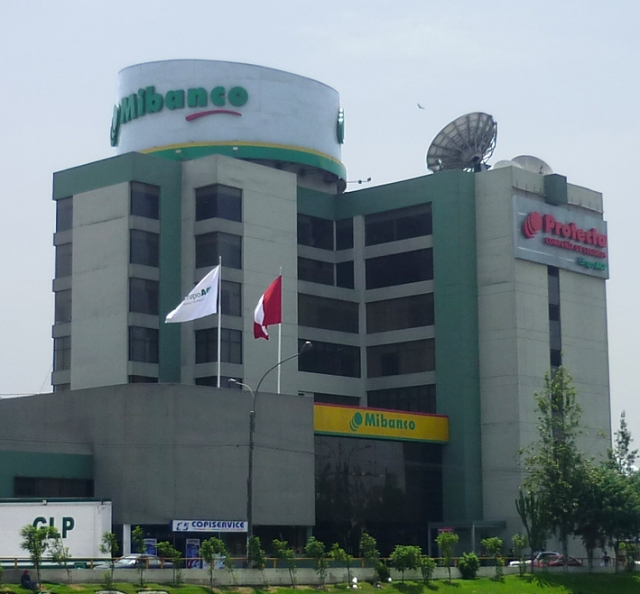
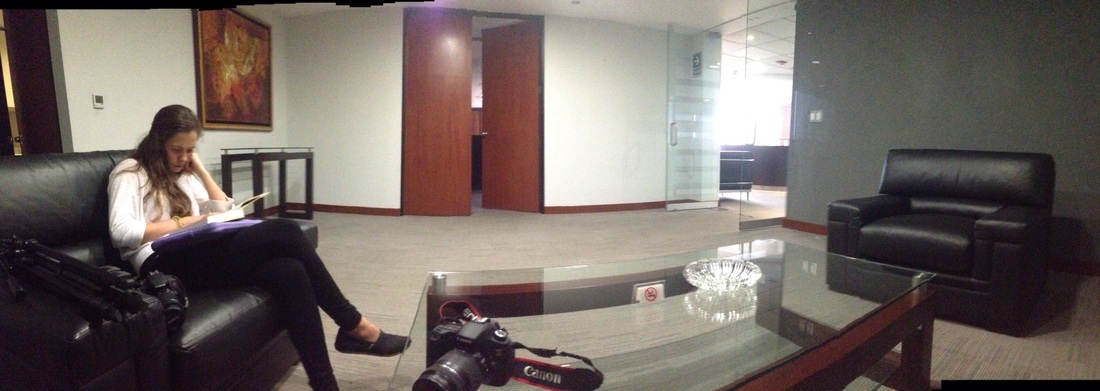
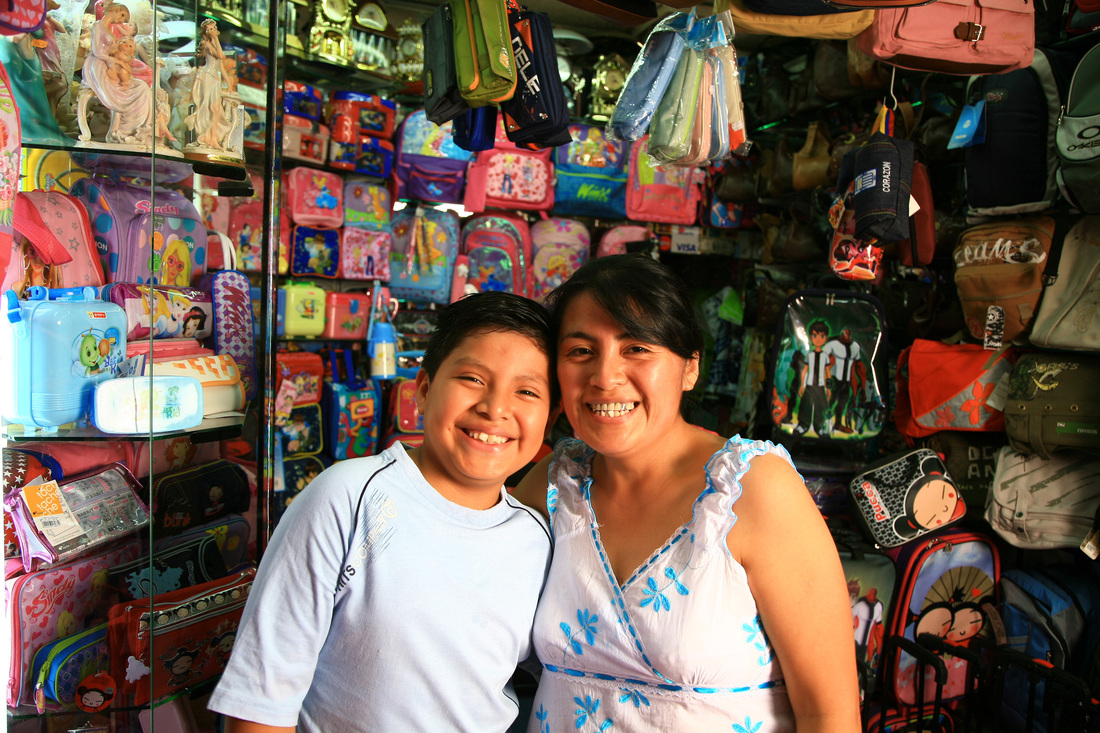
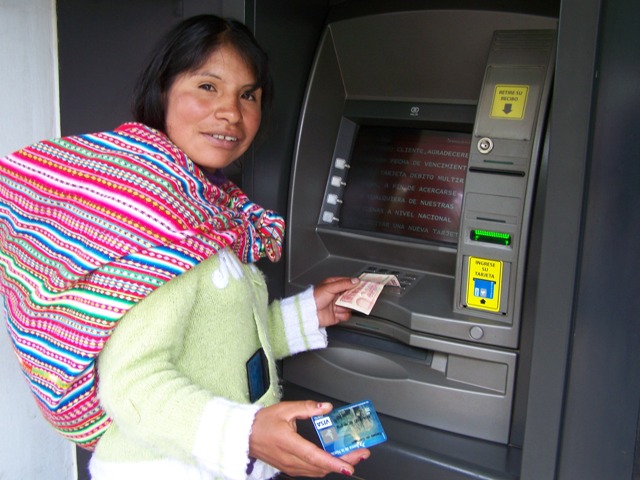

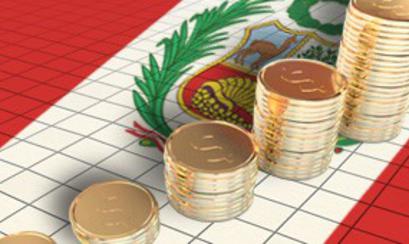
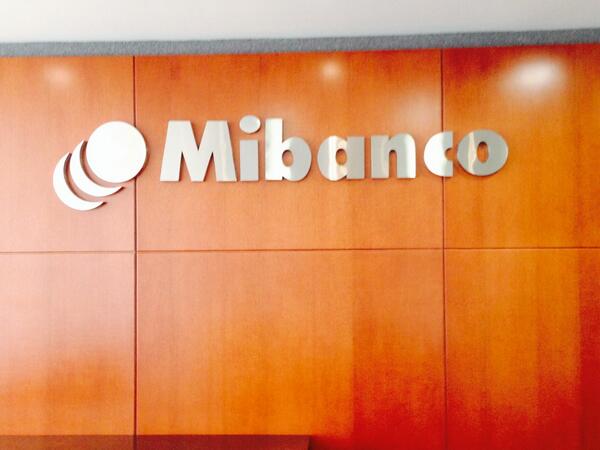
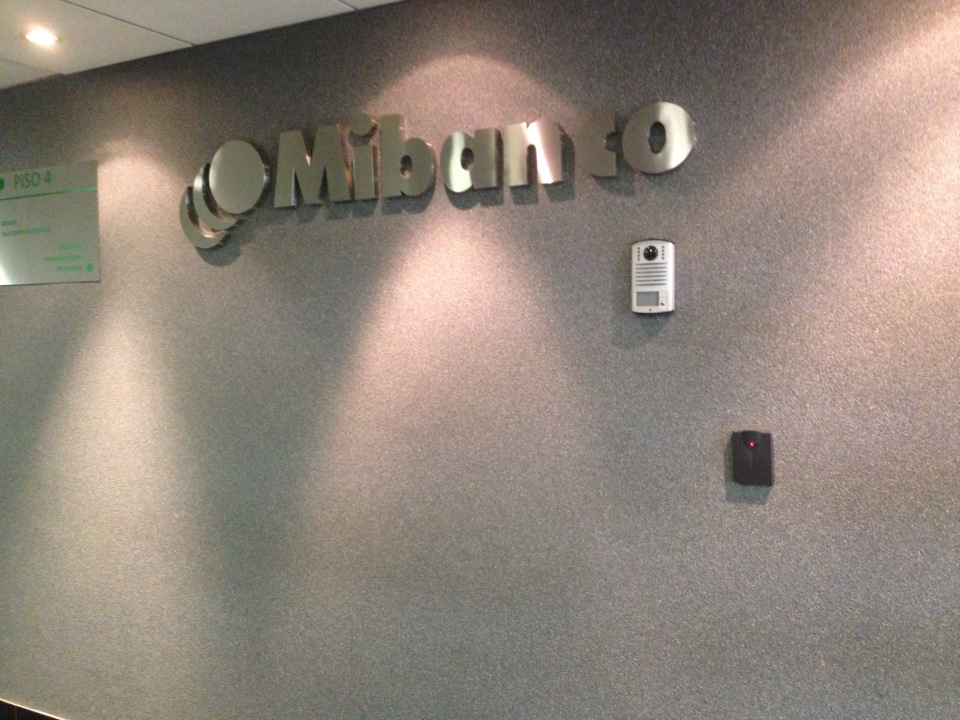

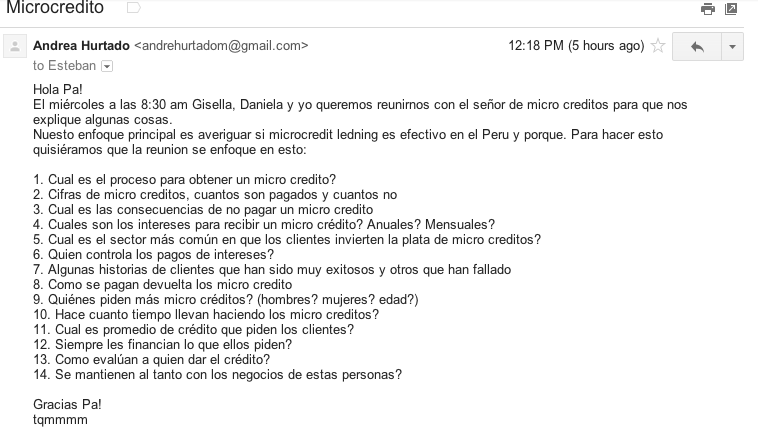
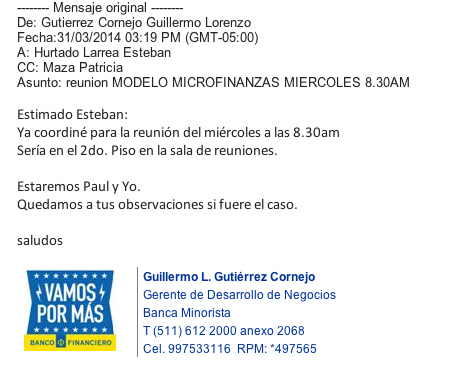

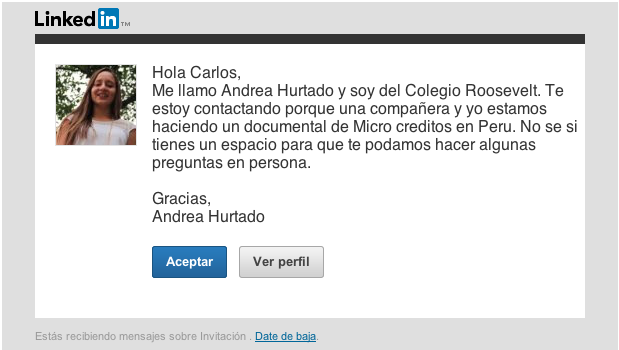

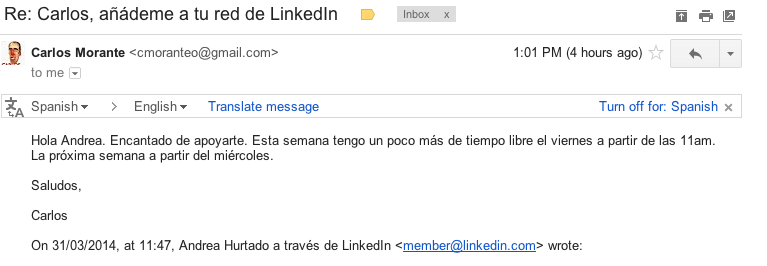
 RSS Feed
RSS Feed
